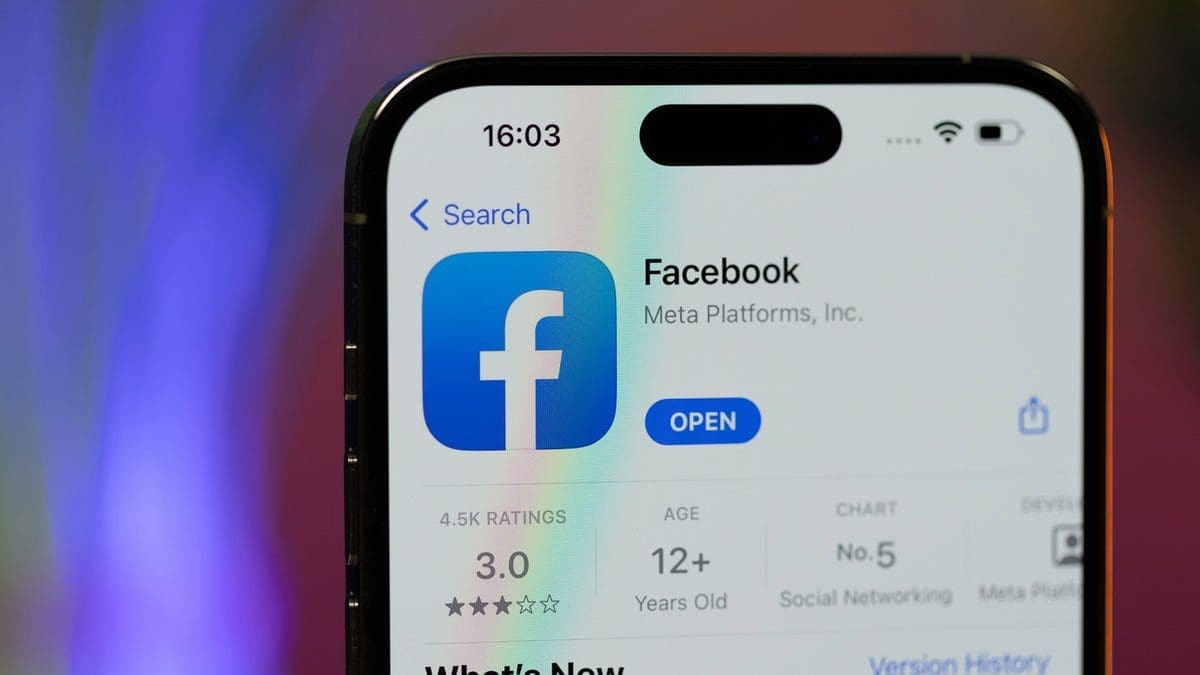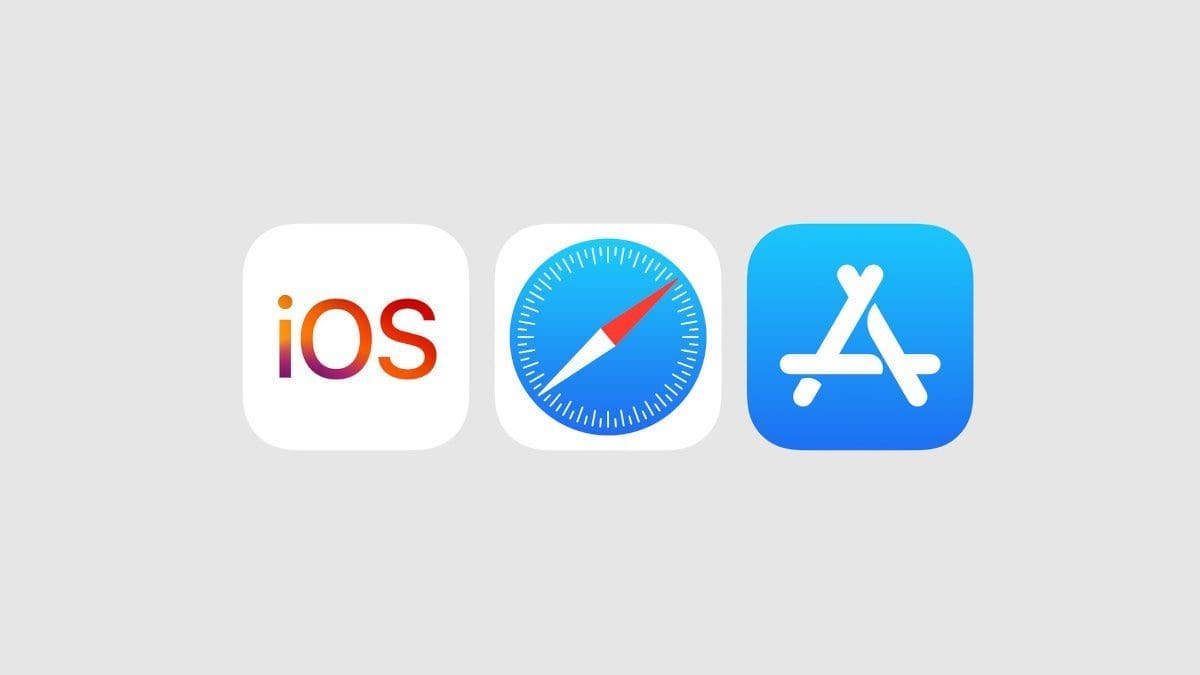Apple’s ambitious automotive project, known internally as “Titan,” has come to an end, with many team members colloquially referring to it as “The Titanic.” After costing the tech giant over $10 billion US without producing a car, the project has officially been terminated.
Insiders familiar with the matter shared insights on how the Apple car initiative unfolded and why it ultimately failed. The project aimed to compete with Tesla and Google’s Waymo but struggled to find a clear direction, oscillating between an electric vehicle and a fully autonomous car. This uncertainty, combined with the complexity of solving autonomous driving challenges, led to the project’s demise.
Apple’s executive team announced this week that the Titan project would be disbanded, redirecting team members to focus on advancements in artificial intelligence. Despite initial enthusiasm and substantial investments, concerns over high production costs and competitive pricing cast doubt on the feasibility of an Apple-branded car.
While Apple faced setbacks in aligning its vision with practical manufacturing and autonomous technology realities, valuable lessons were learned from project “Titan.” Over 2,000 employees from the car project will now shift their focus to developing generative AI technologies. Additionally, Apple may leverage insights from the project to introduce A.I.-powered AirPods with cameras, robot assistants, and augmented reality features in the future.
The challenging nature of producing cars at scale while remaining profitable is evident. Only two U.S. car companies have avoided bankruptcy—Ford and Tesla. Despite the end of the Apple car venture, exciting possibilities lie ahead in leveraging AI technologies for innovative products beyond automotive endeavors.









